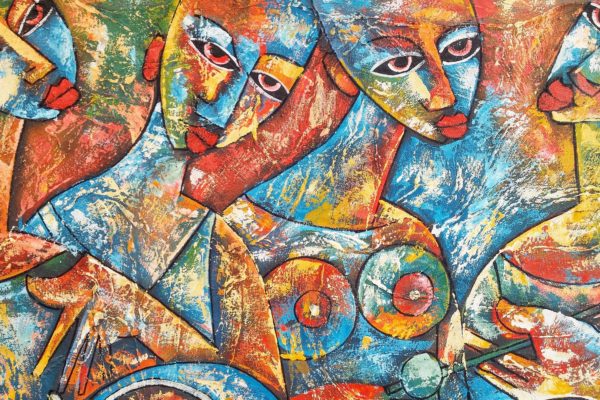There were no better at the art of questioning than the Greeks.
“Who are we? How can we be happy? Does the universe have a purpose? Greek philosophers approached the big questions of life sometimes in a genuine scientific way, sometimes in mystic ways, but always in an imaginative fashion. Pythagoras considered a charlatan for claiming the doctrine of reincarnation. A half-naked Socrates haranguing people in the street with provocative and unanswerable questions. Aristotle tutoring great generals: these are examples of how Greek thinkers dared to question traditional conventions and to challenge the prejudices of their age,” www.CristianViolatti.com
Before Socrates, philosophers’ questions were searching for an explanation of our natural world. When Socrates introduced his new idea in 5th c. B.C. Greece, it was based on moral and philosophical questions. The art of questioning was so new that it was also considered a science and even mystical. It was believed that investigating commonly held beliefs through questioning would dislodge the layers beneath that belief, enabling us to search for its ultimate validity. Socrates believed we all carried the truth in us and questioning or “rhetorical tricks” as Cristian Violatti calls it, could be used to unearth that truth.
What kind of Art of Questioning Jim Kennelly Practice?
The art of questioning has been a long practice for Jim Kennelly of Lotas Productions. In my interview with Jim, he brought powerful insight from his personal listening practice, which has been raised to a fine art as producer, editor and engineer at Lotas Productions, a 30 year old iconic sound studio in New York City.
Jim gently leads us to the understanding of why questioning has such great value and importance and what it can do to help us locate who we are. To hear his thoughtful answers about this important process enter your email below and click on play.
You can reach Jim at LotasProductions.com.
[emaillocker id=2365]
[/emaillocker]



